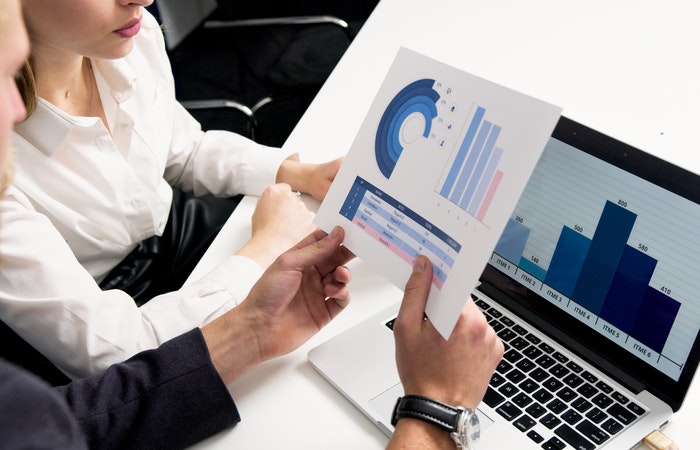In Nigeria, more and more residents are installing money-making apps on their tablets and smartphones. These systems allow them to make a profit from financial markets remotely. The job of a trader gives impressive flexibility that so many people crave. But how exactly does internet-based trading work?
Today, after COVID-19 shook conventional systems of employment, such alternatives are often vital. People want to be able to earn money from the comfort of their homes, and forex as one of the favoured avenues. Education is free, and brokers do not charge for account registration.
The Main Principles
All popular online apps connect users to several markets. Forex, or the foreign exchange, is the primary choice. Very often, it is the first step in a trader’s career. The logic of currency exchange is simple enough, and it is also similar to that of other instruments.
Traders buy currencies when they are cheap and sell them when their price is the highest. Both rises and falls can bring profit if you are only able to foretell them. To succeed, a trader needs a solid knowledge base, strong analytical skills, reliable brokerage services, and persistence.
A single app has everything a trader needs. It may be a mobile adaptation of a popular desktop terminal like MetaTrader 5 download, or a standalone proprietary product like FXTM Trader (both are offered by the ForexTime broker in Nigeria). The unique app gives clients access to over 250 instruments and allows easy management of trades, accounts, and payments.
One App, Different Markets
Nobody wants an app focused on a single market any more. Popular systems like MetaTrader 5 download are multifaceted environments. They may connect their user to the following domains:
- precious metals like gold or silver;
- stocks of the largest corporations;
- derivatives like CFDs.
Sport metals are traded against dominant currencies — for example, silver against the US dollar. Stocks allow you to profit from the performance of corporate giants, such as Amazon or Facebook. Contracts for difference are diverse derivatives linked to underlying assets. Today, the range includes CFDs on:
- stocks,
- cryptocurrencies like Bitcoin, Ethereum, or Ripple,
- market indexes like FTSE 100 or Dax 30,
- commodities like crude oil or gold, etc.
An aspiring currency trader who starts working through an app may gradually develop a broad portfolio that engages several markets for the potential is impressive.
Plethora of Features

Trading apps provide instant access to a multitude of virtual assets and analytical tools. To make decisions, traders need to examine the market situation using economic calendars, technical indicators, price charts, etc. They may decide to open a trade if they anticipate a major political event, or when two or more indicators point in the same direction.
With an app, streaming prices and all other necessary tools are at their fingertips. Of course, not everyone may feel comfortable trading from a smaller screen. That is why apps for tablets and desktop platforms still co-exist.
Some apps even allow integration of expert advisors or forex robots. These smart algorithms make automated decisions to buy or sell. They may work even at night, and they are never affected by fatigue or emotions.
Accessible Brokerage
Today, traders in Nigeria account for roughly 800,000–1,1 million USD of the market’s daily turnover. This is possible partly due to the presence of global brokerage brands in the country. Local traders may work through regulated companies which serve millions of clients worldwide.
These brands offer state-of-the-art technologies, smooth service, and efficient support to all clients. They also tailor their services to the needs of the African population — for instance, by including USD/ZAR in the list of currency pairs and offering accounts denominated in the Nigerian naira. This enables local users to save on conversion fees, which would otherwise eat into their profits.
Ultramodern Trading Solutions
Smartphone apps are now more popular than any desktop software, as they allow you to work wherever and whenever you like. Portable devices may turn into fully-fledged trading terminals packed with convenient analytical tools, risk management techniques, and other features.
The Nigerian economy is heavily reliant on oil prices, and this year has delivered a devastating blow. Due to Covid-19 and the surplus of oil, the local currency and economy overall are in dire straits. It is unclear when the country will get back on track. This makes trading apps even more popular, as the financial markets are still running regardless of external shocks. Moreover, as they are now less stable, traders who can work in volatile conditions capitalize on these dramatic changes.

